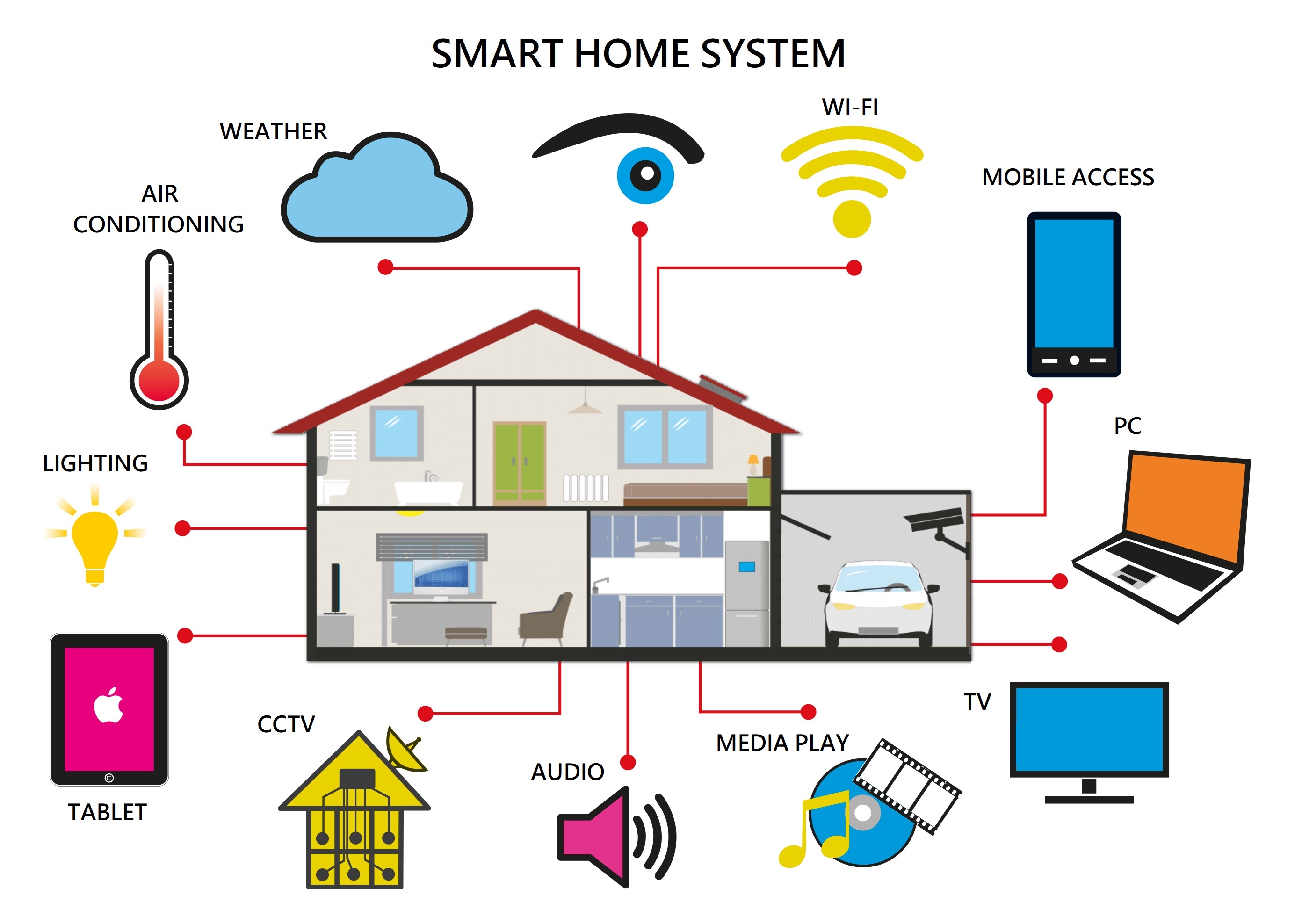What's your network infrastructure like? I have my network segregated across several VLANs, and IoT devices are on VLANs that are blocked from the internet (and the rest of the network) at the firewall level. I can access them, but they can't access anything.
Technology
A nice place to discuss rumors, happenings, innovations, and challenges in the technology sphere. We also welcome discussions on the intersections of technology and society. If it’s technological news or discussion of technology, it probably belongs here.
Remember the overriding ethos on Beehaw: Be(e) Nice. Each user you encounter here is a person, and should be treated with kindness (even if they’re wrong, or use a Linux distro you don’t like). Personal attacks will not be tolerated.
Subcommunities on Beehaw:
This community's icon was made by Aaron Schneider, under the CC-BY-NC-SA 4.0 license.
I do similar. And keep some devices (like my kasa plugs) from hitting the internet altogether.
And others that need it go on its own DMZ with the roku TVs and like.
An absolute nightmare for security and privacy. Just say no.
Not necessarily. If you use eg zigbee devices, they are only accessible locally.
But you're right. Most smart devices connect to the cloud.
I like mine. It has a lot of nice convenience features, and it feels good to have stuff happen automatically based on your presence. Scripting useful automations if a time-consuming hobby though, and if you're mostly just interested in doing voice control for lights it may not be worth it.
I'd recommend staying away from anything that connects directly to the wi-fi if possible. ZigBee lets you isolate the garbage hardware from the Internet so they can't be used as zombie devices in a botnet or worse, and have home assistant be the one point of contact.
I'm not a fan. Any exploitable issue with the software, and my house can be viewed by anyone from anywhere.
I've got zero smart devices at home, to the point of even using my TV as a simple screen only.
Using home assistant since 2017. As you add stuff there's more synergy, like a network effect. I have automations and services that:
-
Adjust the bathroom floor thermostat according to the prevailing hourly energy price
-
Adjust the colour temperature of lighting during the day so blue light is reduced in the evening, allowing natural melatonin production to function
-
Announce on a local speaker when our child gets to school in the morning using their phone location
-
Operates festive lighting in the winter with reference to sunset and sunrise
-
Turns off all lights when leaving; or sometimes if I'm feeling more paranoid
-
Replays lighting patterns from a previous week to simulate* occupation
-
Sends me an alert if motion is detected and nobody's home
-
Turns off the picture on the TV if nobody's in front of it for a while using a 60GHz radar sensor
as well as a few other things. I don't want a smart home that's just remote operation with a phone. I want to use capabilities to automate things so I don't need to be concerned about them.
It's a great and rewarding hobby! But having cloud connected devices on the same network as your sensitive information is an issue.
Use a vLAN and IoT devices capable of local control. Use a self hosted hub like Home Assistant. Keep devices that collect sensitive information (like a camera) out of sensitive areas (like the bedroom). Then you should be reasonably secure.
As someone who has spent many years working on my smart home, I suggest, as do others, KEEP IT LOCAL.
The only smart objects I have are some light bulbs. I think, some processes are good to automate and put software in control of, and some things I want to have explicit control over (I.E. Door locks, Safe locks, AC settings, Heating). Technology can break in fantastical ways, but a lock should just freaking work.
I love the idea of having motorized blinds and windows that automatically open/close coordinated with thermometers to regulate house temperature.
